Saudi Arabia feels Iran’s pinch
OPEC’s announcement of a cut in oil production shows that Saudi Arabia is being affected by low oil prices even as Iran gains ground
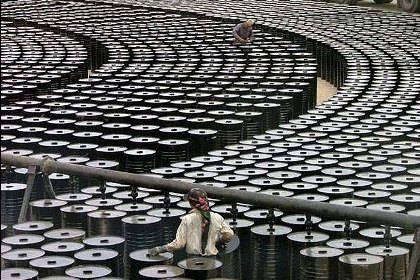 Courtesy: The Iran Project
Courtesy: The Iran Project
OPEC’s announcement of a cut in oil production shows that Saudi Arabia is being affected by low oil prices even as Iran gains ground
 Courtesy: Manjeet Kripalani
Courtesy: Manjeet Kripalani
The crippling effect of American sanctions are thorough; designed to strangle economies and bring entire nations to a halt. However, they unknowingly pull people together, imparting a deep sense of patriotism and often sparking innovation which can quickly surpass any other world power. With sanctions being lifted on nations like Myanmar, Iran and, hopefully, Cuba, the question remains whether they will retain their uniqueness or fall into line with the rest?
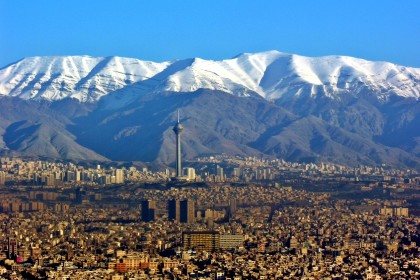 Courtesy: Wikipedia
Courtesy: Wikipedia
Despite the Joint Comprehensive Plan of Action having been in effect since January 2016, the promised business opportunities for Iran seem to have eluded them, as U.S. led economic sanctions still hold firm. With Prime Minister Modi’s upcoming visit in May, there is ample scope to redouble the India-Iran partnership for the strategic interest of both parties.
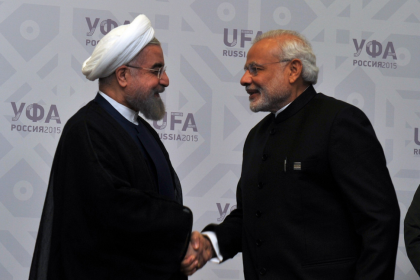 Courtesy: MEA / Flickr
Courtesy: MEA / Flickr
A month after visiting Saudi Arabia, Prime Minister Modi will visit Iran on 22 May. India's careful balancing of relations with competing parties in West Asia has let it remain a friend to all. But to play a role commensurate with its global vision, India must work on becoming more than a friend and instead be an indispensable partner to countries in the region.
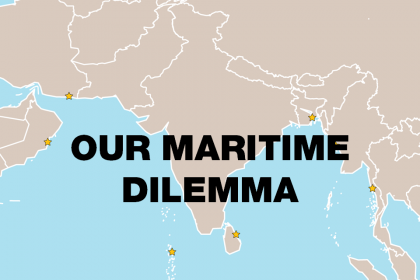 Courtesy:
Courtesy:
After decades of passivity, India is beginning to assert itself in the maritime arena. There is a whiff of salt in the usually 'sea-blind' corridors of Delhi, where the Modi government clearly sees the linkage between the possession of maritime wherewithal, both civilian and military, and the furthering of national prosperity, through ever-increasing trade.
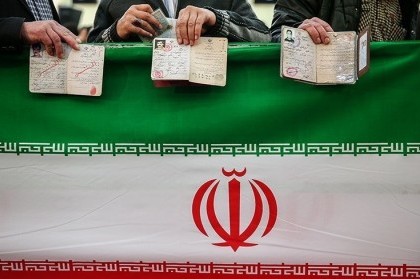 Courtesy: Tasnim News Agency
Courtesy: Tasnim News Agency
As Iran emerges from three decade of economic sanctions, it has embarked on a quest to reunite with its traditional trade partners like India. Both countries have much to give and take as they invigorate trade ties and explore new possibilities.
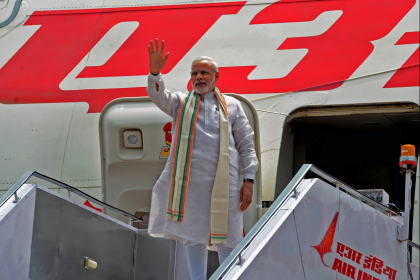 Courtesy: MEA / Flickr
Courtesy: MEA / Flickr
The talking points for Prime Minister Modi's upcoming visit to Saudi Arabia will include the obvious: oil, diaspora and economic engagement. What remains to be seen is how both countries differing relations with Iran and Pakistan might affect the dialogue.
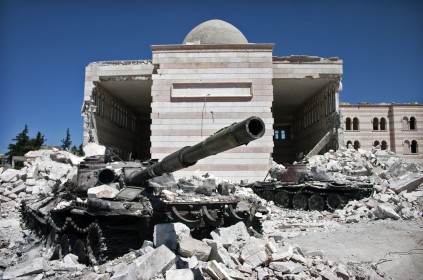 Courtesy: Wikipedia
Courtesy: Wikipedia
With a cessation of hostilities been brokered by Russia and the United States, the conflict in Syria has entered a tense pause. India has had a bystander attitude to the conflict in Syria. However, with the truce expected to be short, does India have the incentive or the option to depart from its current position, and deepen its engagement in Syria?
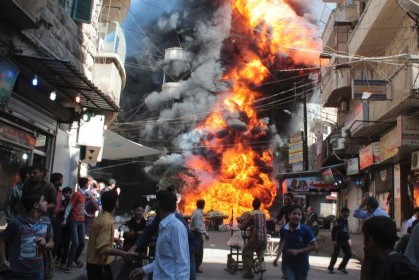 Courtesy: Youtube
Courtesy: Youtube
The world has witnessed a number of upheavals in the past few years, precipitating widespread global political turbulence stemming from geo-economic instability. Over the next couple of months, Gateway House experts will attempt to deconstruct these events and how India and its foreign policy can work to take advantage of these trends.
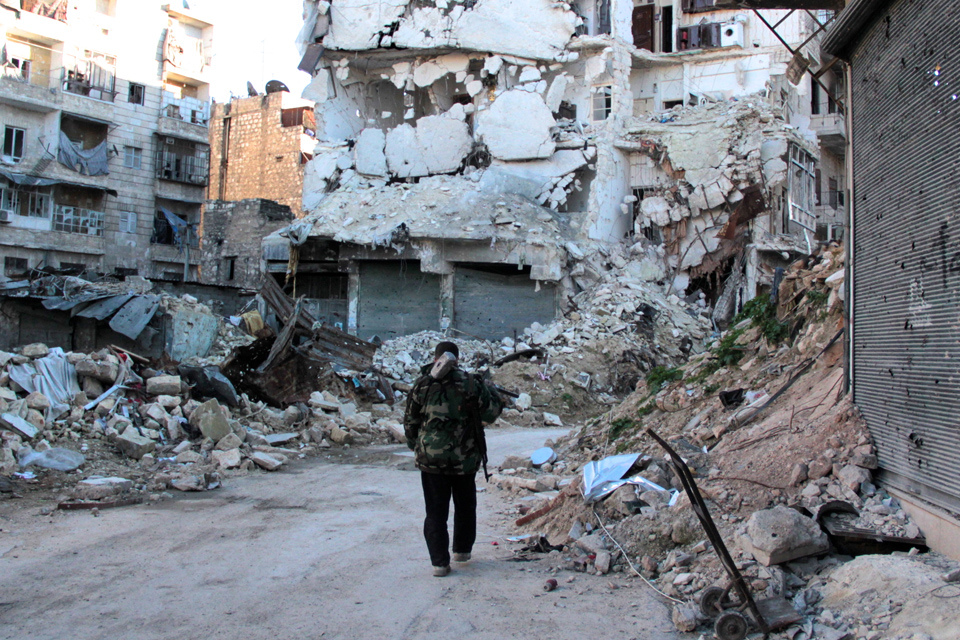 Courtesy: Flickr / Foreign and Commonwealth Office
Courtesy: Flickr / Foreign and Commonwealth Office
By executing an influential Shia cleric among 47 other prisoners, Saudi Arabia has increased the possibility of prolonging conflict in West Asia. The country’s actions have stirred up its differences with Iran, thereby diminishing the possibility of finding political solutions to the civil wars in Syria and Yemen.